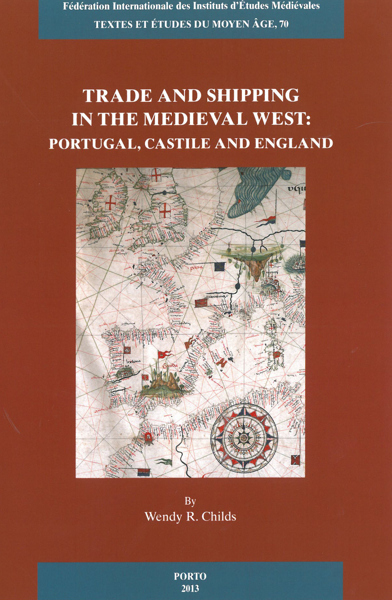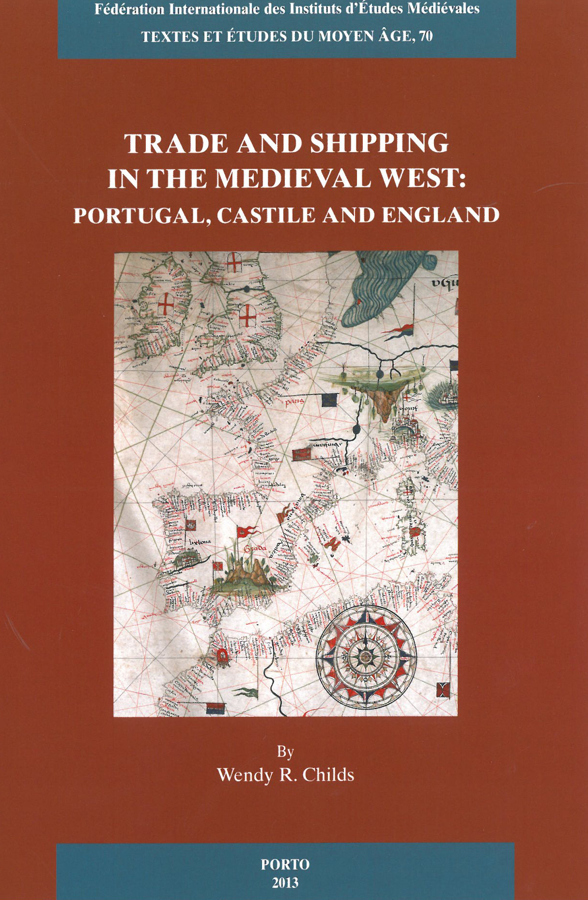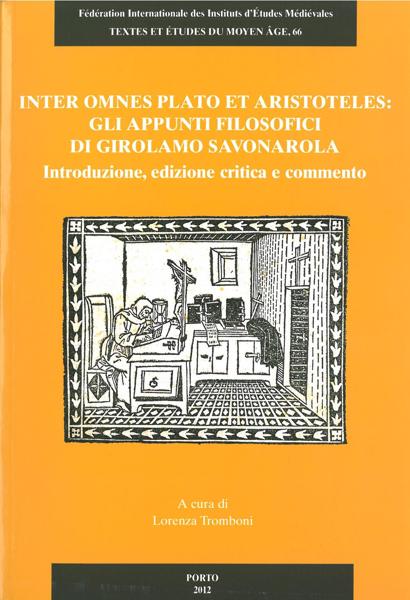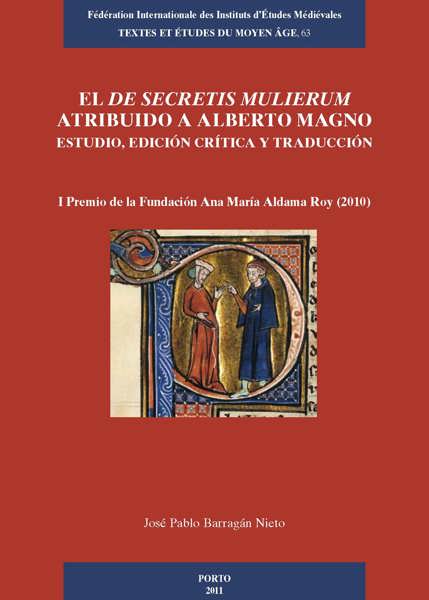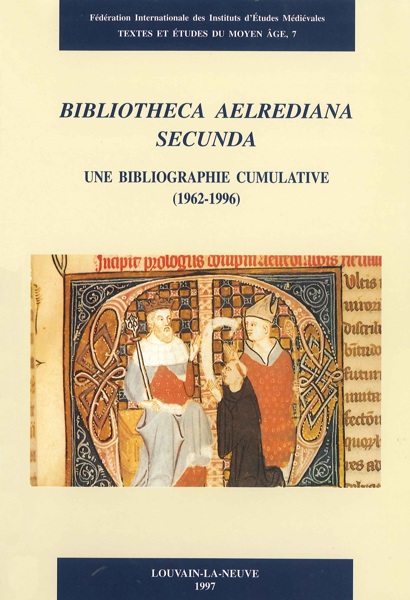
- Pages: 187 p.
- Size:165 x 240 mm
- Illustrations:15 b/w, 6 tables b/w.
- Language(s):English
- Publication Year:2014
- € 35,00 EXCL. VAT RETAIL PRICE
- ISBN: 978-2-503-55128-9
- Paperback
- Available
This book offers a survey of European travellers and includes a discussion of the economic developments that encouraged trade and travel, with focus on general Iberian connections to northern Europe
"Wendy Childs has well-established credentials both as an expert on late-medieval commerce between the British Isles and Iberia and as a researcher with an impressive ability to tease a broad range of relevant information from varied English archives. In this publication (...), those trademarks are very much on display. (...) Childs is able to piece together from the fragments of information in various archives, listed in the helpful, short bibliography, information about commodities shipped, about business practices, about kinds and types and sizes of ships. She makes the most of what sparse data there are, presenting many of them in a number of figures and tables. (...) This is, for its argument and even more for the methods employed, a valuable little book. As well, despite or because of the topic, it is certainly highly readable." (Richard W. Unger, in: Speculum 90/3, 2015, p. 786-787)
" These lectures provide a clear and highly readable short survey of the patterns of trade between late medieval England and Iberia, illustrated by trade figures drawn from the English customs ccounts to show the changing patterns of trade and shipping over three centuries, as well as by lively portraits of travelers, merchants, and shippers involved in connecting these two regions. " (Maryanne Kowaleski, in The Medieval Review, 2016.11.13)
Since her first book, 'Anglo-Castilian Trade in the Later Middle Ages'(1978), Wendy Childs, Emeritus Professor at the School of History, University of Leeds, has written extensively on the overseas trade of England. Her articles include studies of England's trade with Portugal, Iceland, Ireland, and the iron and timber trades. Her recent work also includes editions of English fourteenth-century monastic chronicles.
Europe contained a highly mobile society in the later Middle Ages, in which merchants and seamen, nobles, diplomats and soldiers, churchmen and pilgrims travelled frequently, often long distances, and returned home to disseminate information about places they had seen and peoples they had met. Villagers who might not travel far from home could nonetheless hear tales from well-travelled servants of local lords, pilgrims and soldiers, mendicants and other churchmen, merchants and seamen. Trade was a major driver of geographical mobility; of the travelling groups merchants and seamen were among the most frequent and regular travellers, and they brought with them not only goods, but people, news, and information. Iberia and England were integral parts of the European commercial network, and Portuguese, Castilian, Basque, and English merchants and seamen travelled widely and regularly.
This book begins with a survey of European travellers (who travelled, why, where, and what sources they left behind), and includes a discussion of the economic developments that encouraged trade and travel. It then focusses on general Iberian connections to northern Europe, which pre-dated the early voyages of discovery and continued during them, before concentrating on Portuguese trade with the north, especially with England.
